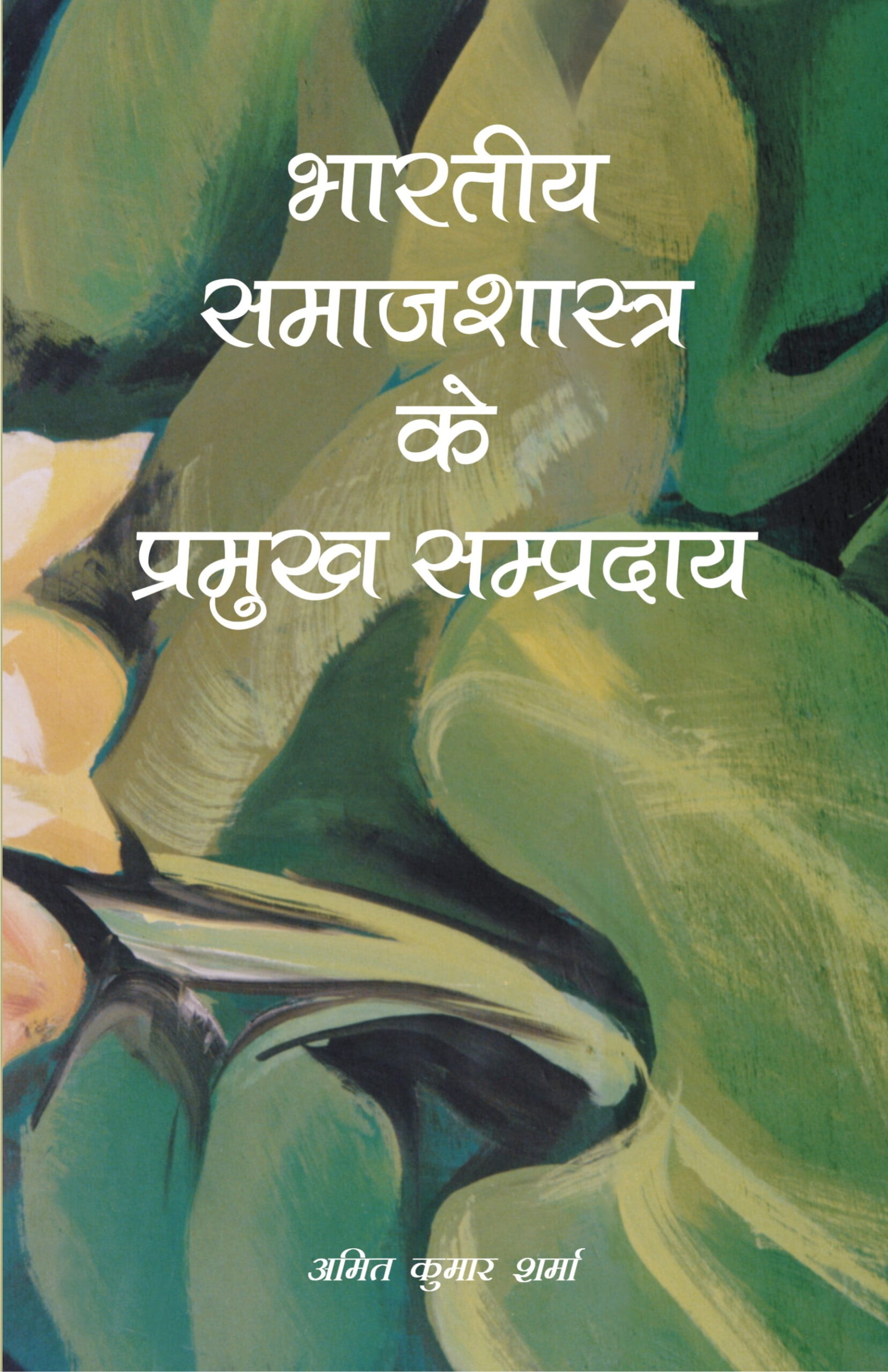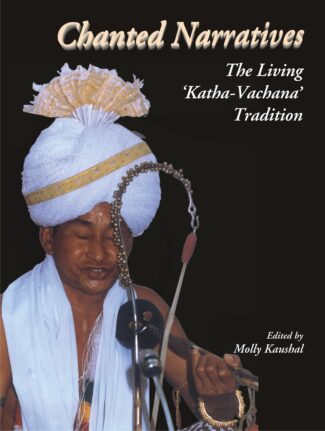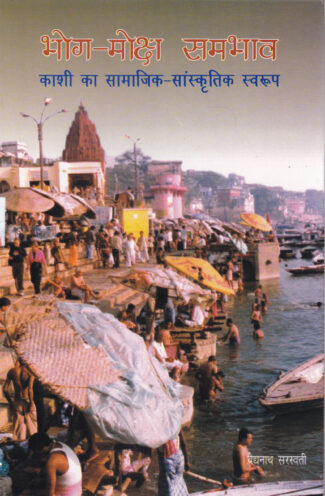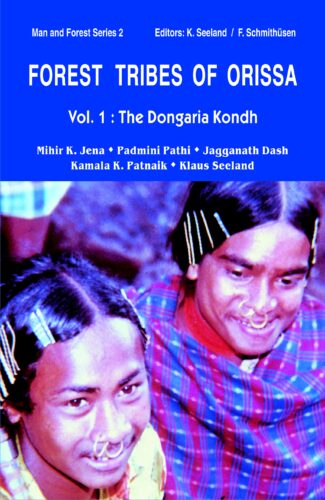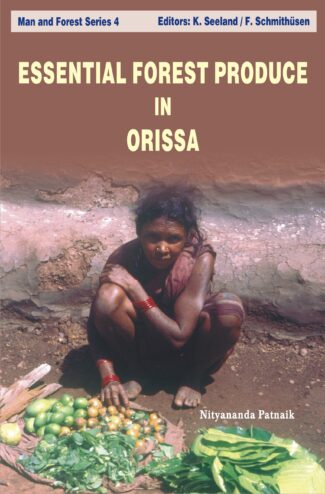-
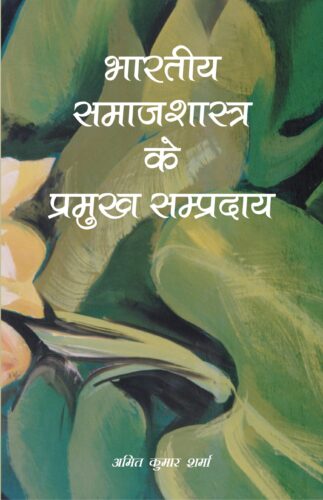

Bharatiya Samajshast...
Bharatiya Samajshastra ke Parmukh Sampardaya (PB)
by: Amit Kumar SharmaSociology, as a social science, is new to India. This volume in Hindi thus discusses the advent, teaching and development of sociology in India. It is an outstanding narration of advent and evolution of sociology in India and the major sociologists.
₹342.00
ISBN: 9788124606025
Year Of Publication: 2011
Edition: 1st
Pages : xix, 284 p.
Bibliographic Details : Bibliography; Index
Language : Hindi
Binding : Paperback
Publisher: D.K. Printworld Pvt. Ltd.
Size: 23
Weight: 550
Bharatiya Samaj Shastra ke Pramukh Sampradaya is a book in Hindi language that deals with the advent, teaching and development of Sociology in India.It is an original book that deals with the major Sociologists in India. This book divides the whole history of sociology in India into nine interesting chapters. This book is an outstanding narration of the advent and evolution of Sociology in India. For a long time there was a need of such a book in Hindi .This is a helpful book for the teachers, students and researchers in various colleges, Universities and research institutions. For the researchers in Hindi literature, Cinema and Culture this can be used as a reference book. This book is also helpful for the UGC. / NET aspirants in Sociology.


